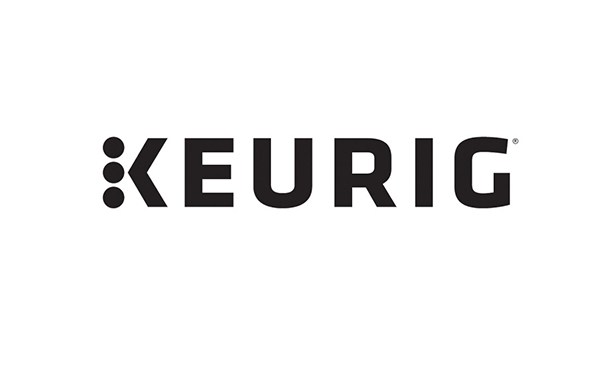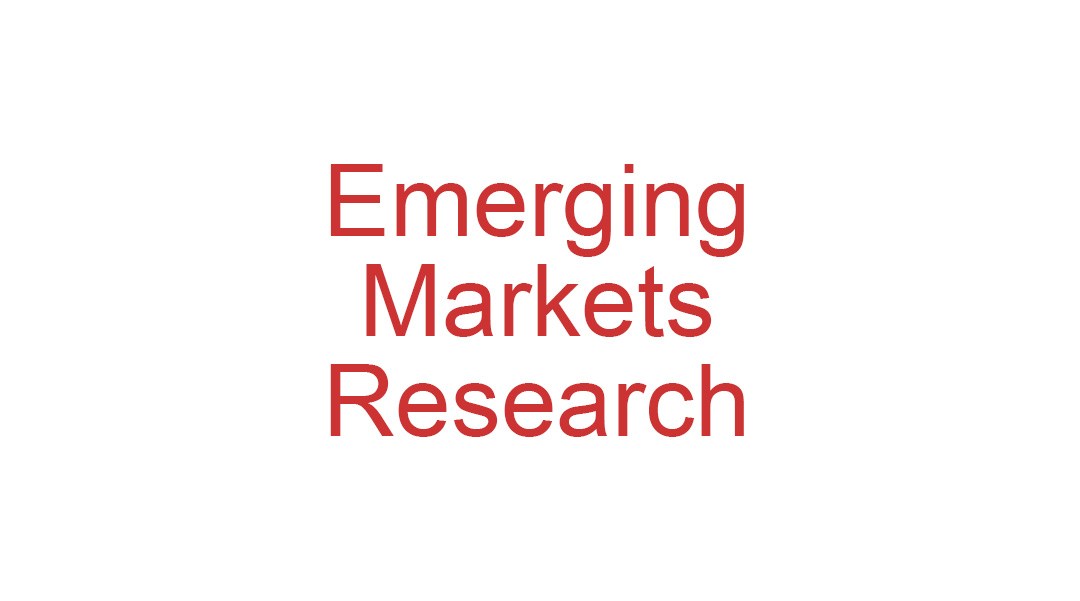Research
Our research provides the information necessary to understand complex labor problems and advocate for effective reforms.
We undertake independent, high-quality, original research on key issues and challenges in responsible supply chain sourcing. Leveraging our grassroots access, we provide a unique, bottom-up, objective view of labor conditions at the commodity, product, sector, and country level, mapping patterns of human trafficking and forced labor, child labor, and other egregious issues.
Our funders include governments, foundations, institutional investors, investment firms, corporations, and civil society.
Contact us at verite@verite.org to learn how Verite can work with your organization.
-
Country Labor Risk Assessments
-
Sector Labor Risk Assessments
-
Commodity Labor Risk Assessments
-
Multi-stakeholder Initiative Facilitation
-
Rapid Appraisals
-
Focused Issue Research
-
Labor Law Analysis
-
Baseline Assessments
Access our public research tools, reports, and white papers in Resources.

Case Study: Keurig Green Mountain
Objective
To Improve Supply Chain Transparency, Monitoring, and Accountability in Guatemala’s Coffee Sector
Background
With generous support from Keurig Green Mountain, Inc. and the U.S. Department of State’s Bureau of Democracy, Human Rights and Labor, Verité is implementing a project to Improve Supply Chain Transparency, Monitoring, and Accountability in Guatemala’s Coffee Sector, in partnership with REACH (Research-Education-Action-Change).
Project
- A baseline assessment of recruitment and labor conditions in the coffee sector, along with workers’ needs and preferred means of gaining information
- Trainings for workers, government officials, local civil society organization (CSO) representatives, and coffee producers, traders and brands
- Development of a Grievance Reporting and Information Dissemination (GRID) system to improve transparency regarding labor broker practices. The GRID system operates via a toll free hotline as well as in-person locations. Our aim is that companies in the Guatemalan coffee supply chain will use the information collected through this project to ensure that their supply chains are free from exploitative labor broker practices that can expose them to legal and reputational risk.

Case Study: Emerging Markets
Objective
To provide institutional investors with actionable information about labor conditions in emerging markets.
The Project:
- Since 2000, Verité’s Emerging Markets Research Program has offered a ranking of 26 emerging markets countries that employs 42 indicators of labor standards compliance – the first such framework of its kind to be used for investment purposes.
- To provide information not generally available, we utilize our overseas networks of labor researchers to explore local sources and to conduct interviews with representatives of government, business, labor unions, and CSOs.
- Comparing our findings from primary and secondary research with our own experiences of labor auditing, we create a deep, locally-oriented assessment of risk.